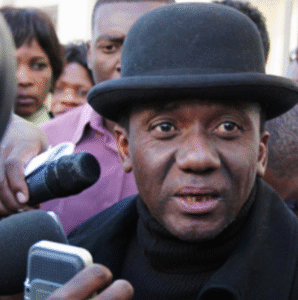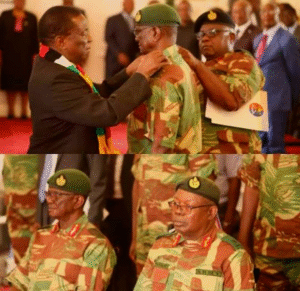US IMPOSES STRICT VISA SANCTIONS ON ZIMBABWEAN OFFICIALS AMIDST DEMOCRACY CONCERNS

The United States has introduced stringent visa restrictions targeting key figures in Zimbabwe’s political and judicial spheres, including officials from the Zimbabwe Electoral Commission (Zec), Zanu PF, police, and judiciary. Secretary of State Antony Blinken announced these measures, which extend to the family members of those implicated, in response to their roles in undermining the democratic process and fairness in electoral matters.
These sanctions emerge in the aftermath of the controversial general elections held on August 23 and 24, which have been pivotal in evaluating Zimbabwe’s commitment to political and economic reforms. Stephen Chan, a professor at the University of London, suggests that these sanctions could intensify, contradicting President Mnangagwa’s efforts to re-engage with the international community. Chan emphasizes that Mnangagwa’s position is increasingly precarious, urging him to distance himself from undemocratic practices and to advocate for a fair and open government and opposition system.
Political analyst Vivid Gwede echoes these sentiments, pointing out that the US’s stance is a clear indication of the failing re-engagement process of Mnangagwa’s government. He emphasizes the necessity for a broad-based dialogue to revive political reforms and halt human rights violations. Similarly, Crisis in Zimbabwe Coalition spokesperson Obert Masaraure calls for urgent reforms from Mnangagwa, suggesting that the US’s solid foreign policy stance is unswayed by empty promises from the Harare regime.
The opposition Citizens’ Coalition for Change (CCC) spokesperson, Promise Mkwananzi, highlights the long-term implications of the alleged election theft, urging regional and international stakeholders to discourage unlawful acts by the Harare regime. This situation is further exacerbated by international relations setbacks, such as the withdrawal of Mnangagwa’s invitation to the coronation of King Charles by the UK, citing the dire political and human rights situation in Zimbabwe.
These developments paint a grim picture of Zimbabwe’s current state, with widespread violence, human rights abuses, corruption, and a faltering economy. The international community’s growing concern and subsequent actions underscore the urgent need for democratic reforms and respect for human rights in Zimbabwe.



